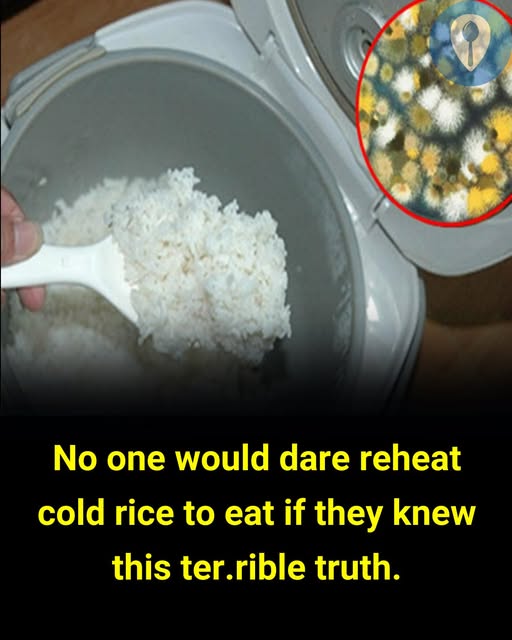It’s one of the most common leftovers in kitchens around the world: a container of cold rice sitting in the fridge, ready to be reheated for a quick meal.
But what many people don’t realize is that leftover rice can be a hidden danger — not because it’s inherently unsafe, but because of a tough, heat-resistant bacterium that loves to grow in it: Bacillus cereus.
This common bug is behind a lesser-known form of food poisoning — and your innocent-looking bowl of leftover rice could be its breeding ground.
Can You Eat Leftover Rice Safely? Yes — But Only If You Handle It Right
According to nutrition experts and food safety agencies like the NHS and Food Standards Agency (UK), leftover rice can be safe to eat — if stored and reheated properly.
The problem isn’t the rice itself — it’s how it’s cooled and stored after cooking.
When rice is left at room temperature for too long — even for just a few hours — Bacillus cereus spores (which naturally occur in raw rice) can germinate, multiply, and produce toxins.
And here’s the scary part:
👉 These toxins are heat-stable — meaning reheating won’t destroy them.
Consuming contaminated rice can lead to:
